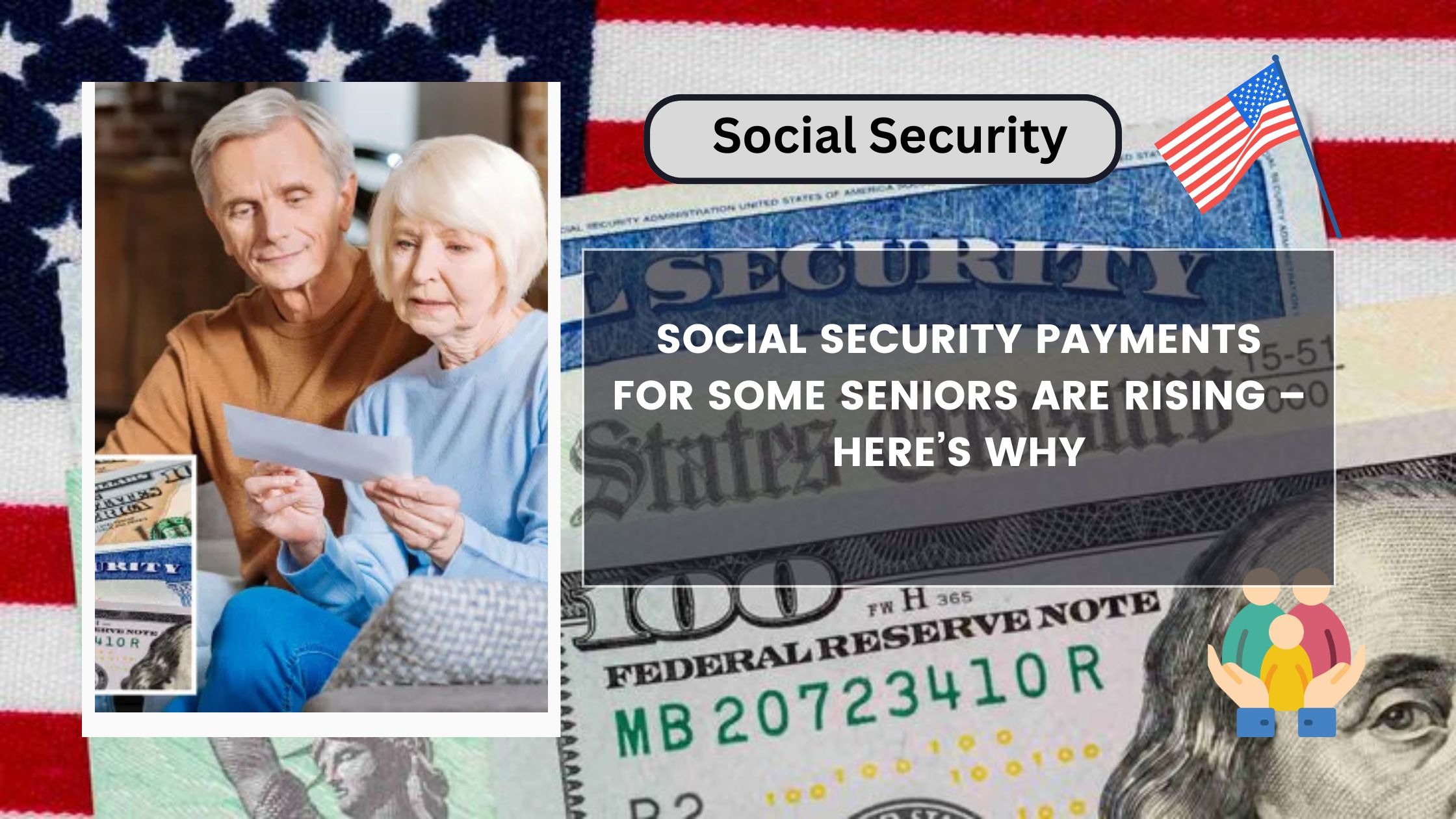For many seniors, Social Security is a vital source of income. Any changes in these payments can significantly impact their financial well-being. Recently, some seniors have noticed an increase in their Social Security payments. But what is causing this rise? In this article, we will break down the reasons behind the increase and explain how it could affect retirees.
1. Cost-of-Living Adjustments (COLA)
One of the primary reasons for the increase in Social Security payments is the Cost-of-Living Adjustment (COLA). The Social Security Administration (SSA) applies COLA to help retirees keep up with inflation. When the cost of goods and services rises, COLA ensures that benefits increase accordingly. In 2024, the COLA adjustment has resulted in a boost in payments for many seniors.
2. Medicare Premium Changes
Many seniors have their Medicare Part B premiums deducted directly from their Social Security checks. If Medicare premiums decrease or remain stable while COLA increases, Social Security recipients will see a higher net payment. Some beneficiaries may also qualify for assistance programs that reduce their Medicare costs, leading to an increase in their take-home Social Security income.
3. Delayed Retirement Credits
Seniors who delay claiming Social Security benefits beyond their full retirement age (FRA) earn delayed retirement credits. This means that for each year they wait (up to age 70), their monthly payments increase. Those who recently started claiming benefits at a later age will see higher payments than those who filed earlier.
4. Increased Earnings from Work
Some seniors continue working while receiving Social Security benefits. If their earnings increase, their benefits may be recalculated, leading to higher monthly payments. The SSA reviews earnings annually, adjusting payments if necessary.
5. Changes in Tax Withholding
Seniors who opt to have taxes withheld from their Social Security benefits may see an increase in payments if they adjust their tax withholding preferences. For example, reducing tax withholdings or benefiting from tax credits can result in a higher net Social Security payment.
6. Additional Benefits for Eligible Recipients
Some seniors qualify for additional benefits, such as Supplemental Security Income (SSI) or spousal benefits. If eligibility criteria change or a recipient qualifies for extra assistance, their total Social Security income may increase.
7. State Programs and Assistance
Certain states offer additional financial aid to low-income seniors. If a senior becomes eligible for state-based assistance programs, they may receive additional funds that complement their Social Security payments.
8. Survivor Benefits Adjustments
Widows and widowers receiving survivor benefits may see an increase in their payments if their deceased spouse’s benefits were recalculated or if cost-of-living adjustments apply to survivor benefits.
Conclusion
Social Security payments are increasing for some seniors due to factors like COLA adjustments, Medicare premium changes, delayed retirement credits, and additional state benefits. Understanding these changes can help seniors plan their finances better and maximize their benefits. If you or a loved one are unsure about your Social Security payments, checking with the SSA or a financial advisor can provide clarity.
FAQs
1. How much will Social Security payments increase in 2024?
The COLA for 2024 is 3.2%, which means most beneficiaries will see a slight increase in their monthly payments.
2. Will all seniors receive a higher Social Security payment?
No, the increase depends on factors like COLA, Medicare premiums, delayed retirement credits, and other personal financial circumstances.
3. How can I check if my Social Security payment has increased?
You can log in to your Social Security account at SSA.gov or review your mailed benefit statement to see any adjustments.
4. Can working seniors get a higher Social Security payment?
Yes, if a senior continues working and earning income, their benefits may be recalculated, potentially leading to a higher monthly payment.
5. What should I do if I think my Social Security payment is incorrect?
If you believe there is an error in your payment, contact the Social Security Administration immediately to request a review and clarification.
